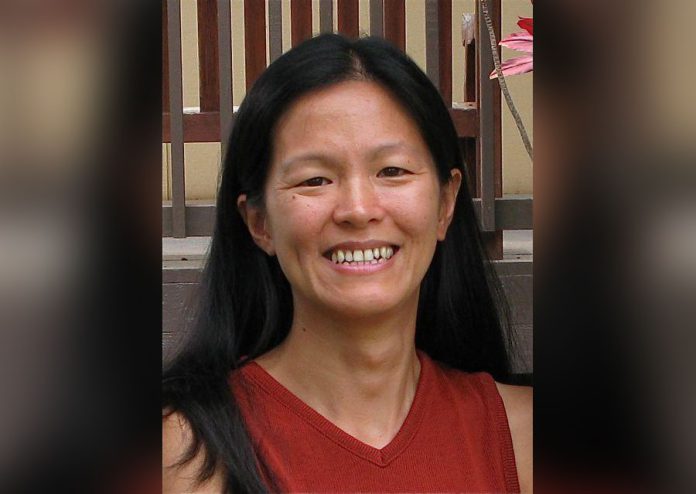Dr. Li-Hsiang Lisa Rosenlee, professor of Philosophy at the University of Hawai‘i–West O‘ahu, recently wrote a blog post for the American Philosophical Association (APA), the largest philosophical society in North America.
Rosenlee’s invited piece, “Is it possible to be a feminist and a Confucian without marginalization or contradiction?”, was posted on March 5 in the Blog of the American Philosophical Association.
“In this post, I intend to introduce Confucian feminism — a new form of feminist theory framed in Confucian terms, concepts and concerns — based on my latest monograph “Confucian Feminism: a Practical Ethic for Life” (Bloomsbury 2024) to the larger philosophical community,” Rosenlee said.
She continued, “Confucian feminism envisions a world where compassionate care for vulnerable others starting with one’s family is the foundation of one’s relational personhood; a world where moral friendship is the internal good of marriage instead of a gender-based division of labor or having any particular gender expression as the defining feature of marriage; a world where ritual civility is the binding thread of our shared citizenry leading us toward the realization of the common good; and a world where progressive harmonization and pacification of the world is the transcending, spiritual goal of one’s complete personhood.
“As a philosopher, a feminist, and a Confucian, I urge my fellow philosophers to dare to go beyond the familiarity and safety of the Western canon by setting sail toward the seemingly unknown horizon of Confucian feminism, a theoretical convergence of Confucian moral cultivation and feminist quest for gender liberation,” Rosenlee said.
The American Philosophical Association promotes the discipline of philosophy and serves philosophers at all levels. Its blog shares a variety of perspectives from a broad array of APA members, to highlight the activities being undertaken by the APA, according to the association.
Rosenlee’s piece falls under the blog’s Diversity and Inclusiveness topic, and is part of the Women in Philosophy series, which publishes posts on those excluded in the history of philosophy on the basis of gender injustice, issues of gender injustice in the field of philosophy, and issues of gender injustice in the wider world that philosophy can be useful in addressing.
